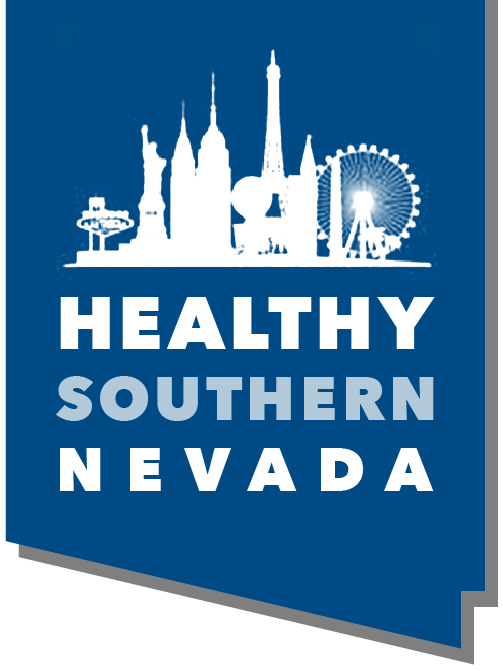Promising Practices
The Promising Practices database informs professionals and community members about documented approaches to improving community health and quality of life.
The ultimate goal is to support the systematic adoption, implementation, and evaluation of successful programs, practices, and policy changes. The database provides carefully reviewed, documented, and ranked practices that range from good ideas to evidence-based practices.
Learn more about the ranking methodology.
Filed under Effective Practice, Education / Literacy, Children, Families
Goal: To foster a love of reading, improve literacy among babies and young children, and ultimately, improve the health and educational outcomes of Maine children.
Filed under Good Idea, Health / Physical Activity, Children, Teens, Adults, Women, Men, Older Adults, Families, Racial/Ethnic Minorities
Goal: Re/Storing Nashville seeks to end hunger through creating a healthy, just and sustainable food system.
Filed under Good Idea, Health / Cancer, Women, Racial/Ethnic Minorities
Goal: The goal of this program is to encourage low-income African American and Hispanic women to seek early breast and cervical cancer screening.
Filed under Effective Practice, Education / Literacy, Children
Goal: The goal of this program is to help children who are having difficulty learning to read and write.
Filed under Good Idea, Health / Physical Activity, Children, Women, Older Adults, Urban
Goal: The goal of the Red Hook Farmers’ Market is to ensure that neighborhood residents can access locally grown, healthy, safe, and affordable food.
Filed under Effective Practice, Health / Health Care Access & Quality, Urban
Goal: The mission of the RHAP is to protect the health of the general population and to improve the health status of refugees so they may achieve self-sufficiency.
Filed under Effective Practice, Environmental Health / Toxins & Contaminants
Goal: The goal of this program is to reduce waste and encourage recycling at Tinker Air Force Base.
Filed under Effective Practice, Community / Civic Engagement, Children, Urban
Goal: The primary goal of RCCP is to increase children's levels of knowledge regarding ways in which to approach conflict situations, to develop children's conflict resolution skills, and to promote children's positive interpersonal and intergroup relations. In addition, RCCP attempts to combat prejudice and stereotypes, and the various types of conflict and violence that may arise as a result of these issues, by teaching children how to recognize and oppose prejudice and by increasing their respect for and understanding of diversity. Finally, RCCP aims to transform the overall school culture into one that exemplifies nonviolent conflict resolution and a respect for and openness to diversity.
Goal: The goal of the program was to recognize and address the diversity of local health disparities by marshaling local community involvement in the place-based Health Equity Zones.
Impact: The framework established through the Health Equity Zones allows for the continued collaboration between governmental public health entities and stakeholders in the community to address health disparities.
Filed under Good Idea, Health / Older Adults, Older Adults, Urban
Goal: To improve cardiovascular health among seniors by improving the pedestrian environment in New York.

